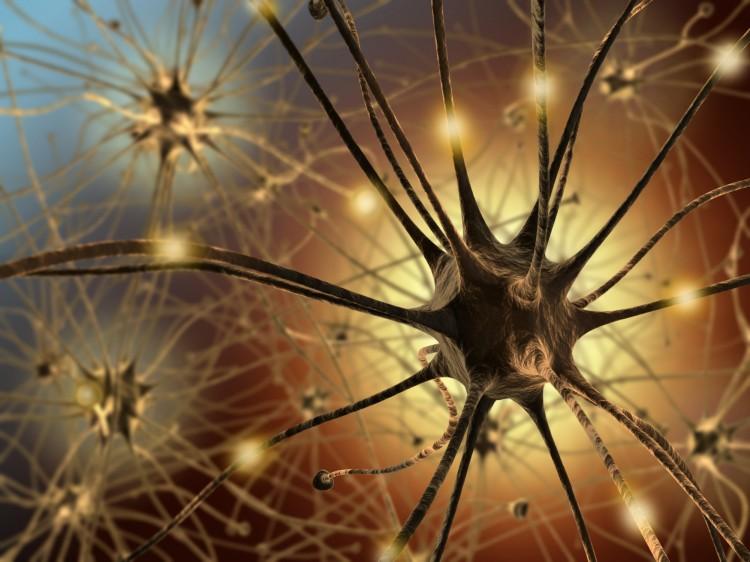New U.S. research has shown that the brain uses a different type of decision making when forced to act rapidly.
Two neuroscientists at Vanderbilt University studied the tradeoff between speed and accuracy at the cell level by teaching monkeys to switch between decision-making tasks.
Current mathematical models hold that the brain uses the same method for slow and rapid decisions, simply reducing neuronal activity if necessary.
The monkeys had to pick a target object from a selection on a computer screen. In one experiment, only accurate answers were rewarded. In the other, some errors were allowed if decisions were fast. The researchers measured the activity of prefrontal cortex neurons.
“Our tests are like two different game shows,” explained study co-author Richard Heitz in a press release. “One–call it Fast Fury–is like Jeopardy.”
“In order to answer a question you must be the first to hit the buzzer.”
In Fast Fury, there is no reward for a wrong answer nor if the other contestant is faster.
“That is much different than the second game show–call it High Stakes Showdown–where buzzing in at any time gives you the opportunity to answer a question, but being wrong results in a serious penalty,” Heitz continued.
“The first thing you see is that neural activity of the player of Fast Fury jumps up even before the question is read.”
In contrast, activity drops in the other game while waiting to hit the buzzer, suggesting a different process, whereby activity is amplified during Fast Fury and suppressed during High Stakes Showdown.
“What this means is that identical information presented to the brain is analyzed differently under speed stress than under accuracy stress,” Schall said.
These findings differ from our current understanding of mental disorders, but the underlying models can be modified to become consistent.
“Haste makes waste when a mistake entails dire consequences,” Schall concluded. “But there are many situations in life when the cost of not acting is higher than making an error in judgment.”
“For example, if the decision is whether or not to shut down a nuclear reactor in the presence of a potential meltdown, I'd prefer haste.”
The study was published in Neuron on Nov. 7.
The Epoch Times publishes in 35 countries and in 19 languages. Subscribe to our e-newsletter.






